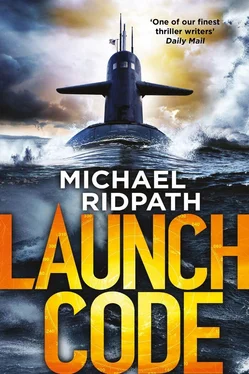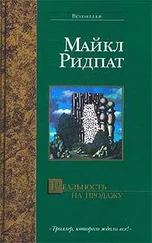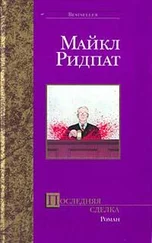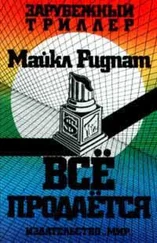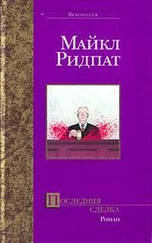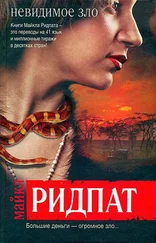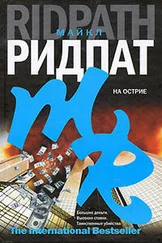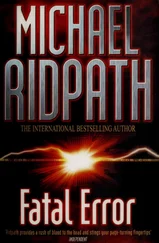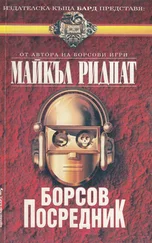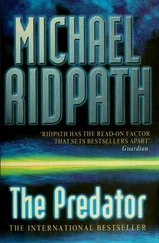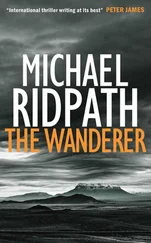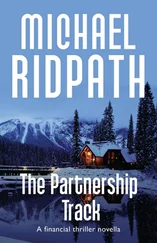The murmur became a clamour. They both climbed out of bed and went to the window. The sun had just set, and the sky above the marshes to the west was on fire, as red and gold burnished the underbelly of dark clouds. Beneath these, a swirl of hundreds of long black shapes with sweeping wings beat their way northwards towards the sea. They were coming in waves of V formations, which elegantly shifted shape as if in response to a set of complex commands or a mysterious pre-arranged routine.
Geese. Hundreds of them. No, thousands. Making a hell of a racket.
‘They’ve come from the fields inland and they’re headed back out to the mudflats to roost,’ said Alice.
‘They’re magnificent.’
‘Aren’t they?’
Still they kept coming. Alice and Toby watched as the fire in the western sky slowly burnt itself out and darkness took over. The last V had just passed overhead when two pairs of headlights approached the house along the lane outside. Two cars pulled up, one with police markings and the other a silver Ford Fiesta, presumably belonging to a detective.
‘Oh, shit,’ said Alice as she drew back from the window and picked up her clothes.
‘They may not want to speak to you,’ Toby said.
‘I think they probably will,’ said Alice, as she wriggled into her jeans.
Toby pulled on his own clothes and followed his wife downstairs. DC Atkinson and two other police officers were waiting for them in the hall, with Bill. Megan was watching from the kitchen door.
The detective took a step towards the staircase, his expression grave.
‘Alice Rosser. You are under arrest on suspicion of the murder of Sam Bowen.’
September 1983, Groton, Connecticut
Craig, Lars and I met Vicky, Kathleen and Donna at the New London Union Station in my old 1975 Mustang.
I had phoned Donna the evening after our date in Little Italy and the conversation had gone well. We had spoken several times and then I received a wonderful letter from her: warm, witty, frank. I had thought I was not much of a letter writer, but my reply had gone better than I had expected. I told her about life on the base, and about Craig’s mood swings between despair over Maria and a determination to get very drunk. She told me about the woman at the desk next to hers who had taken the day off because she was too embarrassed to show up for work with a giant spot on her nose, and the old guy who liked to declaim filthy Restoration poetry to her on the steps of her apartment building. It had taken her some time to identify the poems, but now she was sure they were by the Earl of Rochester.
Then she wrote me a six-page letter about her brother. She had just received a letter from him; the first for three years. He was living in the woods somewhere in the Upper Peninsula of Michigan. He said he was ‘getting his shit together’ and had gotten a job at a hotel as a bartender for the summer. I wrote her about my dad’s newspaper, how proud I was of it, and how I thought maybe the real reason I hadn’t taken up journalism was that I couldn’t do it justice. I asked her for more about her brother.
She said he had been really smart in high school. His teachers encouraged him to apply to an Ivy League college, but he had decided not to defer his Vietnam draft. He had gone; he had come back; he had changed for ever. He had refused to speak about it to her or to anyone else, except for once, when he was drunk and in tears. He had told her it wasn’t what he had suffered in Vietnam, or even what he had seen that screwed him up, it was what he had done. He wouldn’t say what that was and Donna wouldn’t ask him.
She didn’t have to say that that was what had made her a pacifist, but I knew she wanted to explain it to me, that she wanted me to understand. I took that to mean she cared about my opinion of her, and that pleased me. But I couldn’t help thinking about the guy in Battery Park I had tried to give ten dollars to.
The phone calls were brief and light; it was always good to hear her voice. The letters were the real communication between us.
I went down to New York to stay for the weekend with Donna in her tiny studio apartment in the East Village. I don’t know whether it was the letters, or what it was, but it seemed like we knew each other really well, even though this was only the third time we had met. I knew her and yet there was so much I wanted to find out. We talked and talked. I had a lot I wanted to tell, a lot I wanted to hear.
We avoided discussing nuclear weapons directly, or nuclear power in general, but it was obvious she had been an active protester in college, and still was. She was upset about South Africa too, and apartheid; she wanted the big multinational firms to divest from the country. I hadn’t really given the subject much thought before, but she persuaded me.
Of course, we didn’t just talk. We fooled around. A lot.
She announced that she, Kathleen and Vicky had decided to come up to Groton for the following weekend. Being married, Craig had his own small house off base, and their idea was that the women would stay there with him. There must be plenty of room now Maria had moved out.
I wasn’t so sure. I came up with a plan.
Donna smiled when she saw me at the train station and she kissed me, but unlike the week before in New York, I sensed she didn’t quite share my excitement. It worried me for an instant, then I decided to ignore it. At least she had left the little anti-nuclear buttons off her denim jacket for her visit to a naval base.
The New London Submarine Base wasn’t in New London at all, but over the bridge on the opposite side of the Thames River from that port, a couple of miles north of the town of Groton. Craig’s house was in a large development of small cookie-cutter cream-and-light blue dwellings plopped down on to acres of sun-browned mown grass just a half mile away. It might have seemed bland and suburban, but actually the place had a warm, friendly, secure feel to it. There were kids and signs of kids everywhere: swings, bikes, small trampolines. It was a little patch of suburban America that the men who lived half their lives there were serving to protect when they were away at sea: the loyal wives waiting to greet their husbands after their tour, the toddlers running to Dad.
Maria had left Craig a single man among happy families, and he hated it. But his house was a good place for Lars, him and me to bring a case of beer and drink it.
Lars joined us. It was a warm September day, in the seventies, and Craig poured the girls iced tea, and a beer for himself. Lars and I stuck to the iced tea.
‘This is a great place!’ said Kathleen with credible politeness.
‘It’s a little small,’ said Vicky.
‘Yeah. It’s probably too small for the three of you,’ said Craig. ‘But Bill has a solution.’
Donna looked at me, eyebrows raised, half-smile poised.
‘Have you ever been to Mystic, Donna?’ Mystic was the next town up the coast, an old port and shipbuilding centre.
‘No,’ she said.
‘I’ve booked us a night at an inn there. Right in the middle of town. You know, to make space here for the others.’
Vicky laughed. ‘Can’t you take me as well?’
For a second, Donna’s half-smile froze. Then she grinned. ‘That sounds great.’
We had lunch at Craig’s house, tuna-melt sandwiches — his specialty and then Donna and I set off for Mystic, which was only ten miles away.
‘Are you OK with this?’ I asked as we hit the highway just outside the development. ‘It’s just I wanted to spend some time alone with you. And it’s a nice inn.’
Donna smiled warmly. ‘Of course I’m OK with this,’ she said, and she leaned over to kiss my cheek. ‘I said it’s a great idea.’ She put her hand on my leg. She had sensed my apprehension. ‘I meant that.’
Читать дальше
